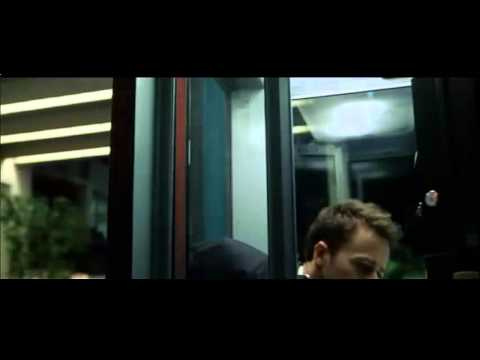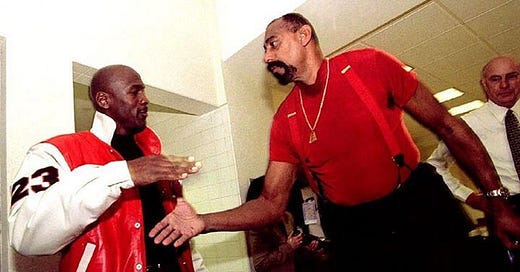This is the sixth post in (the first annual?) Short Week at freddiedeboer.substack.com. Since people constantly complain that my stuff is too long, this week all posts will be 500 words or less. We will return to our usual longwinded ways next week.
Fight Club continues to be divisive, more than 20 years after its premiere. (Really divisive, apparently.) The essential question is how seriously we’re to take “Jack,” Tyler, the fight club, and Operation Mayhem. I find myself frequently annoyed by all sides in the debate. Yes, it’s certainly unfortunate that some people continue to think that the film argues that forming a fight club or participating in an anarchist terrorist network are healthy, which has been the position of both some of the film’s biggest fans and biggest critics. But I also find the hand-waving “it’s all satire” position to be too cute as well, as this claim undermines the very real and legitimate unhappiness produced by “the end of history” and its expression in office job tedium and consumerist apathy. (The movie judges what it depicts, but satirical is just not the right word; satire is a mood, and this movie just doesn’t share that mood.) Movies like this one and Office Space and American Beauty and many more from the era typically portrayed unhelpful and destructive reactions to that malaise. But they didn’t argue that the feelings of malaise themselves were illegitimate, or that dissatisfaction with the era was privileged or whatever, that everyone should have just gotten happy.
There are nuanced takes on Fight Club that I dig; if you can get past the gimmick here you’ll find a pretty interesting point about how the movie’s thematic ends are undermined by how cool it makes everything look. Still, I think the continuing debate can be resolved with this brief scene. It’s pretty simple: “Jack”’s first instinct is to go to the girl, which is to say to the potential for an authentic human relationship. Marla represents the possibility for real, meaningful connection with another person, perhaps through a romantic lens. But that’s scary! It’s scary to put yourself out there; there’s the fear of being rejected, there’s the fear of intimacy, the fear of revealing who you really are…. And so “Jack” instead turns to Tyler, the destructive fantasy he’s created, retreating inside of himself, accepting madness and chaos. But his first instinct, as scary as it may be, was the right instinct. The only way out of meaninglessness and apathy are through love, through human connection. And in the end, he gets there. It’s just a lot more complicated than it had to be.
That scene above, that’s the movie. I’ll always read interesting analysis about how the film’s perspective works, but nothing else is necessary to understand the point.
If you haven’t already checked out our book clubs, we’ve just started with our second, Hermann Hesse’s Demian. The first post is available to everyone, but to participate moving forward, you’ll have to subscribe. Join us?













So, about that guy you linked to....
He's a primary example of why Film Twitter became so incredibly fraught after Trump won. Following the election, he stopped the all-caps gimmick. That's fine, but then in the years to come he became extremely, insufferably, unbearably woke. I'm not kidding. It was like someone bottled the very essence of Tumblr and he swallowed the whole thing. Every movie that came out during the Trump years that Woke Twitter hated, he was right there in the trenches. And he writes in an incredibly condescending manner now, as if the entire world can be divided into right-thinking Woke people who like the Morally Correct movies (and TV shows, and videogames), versus the rest of us plebes who might as well be Gamergate (which I'm not; fuck Gamergate). It's revolting, and he and people like him did a real number on me and my mental health.
Forgive me for rambling, but those days were really rough. They nearly killed my love of film.
Funny that you mentioned that Film Crit Hulk analysis of Fight Club, since he pulled an absolute 180 a few years later in making a point about Scorsese's gangster movies: Goodfellas doesn't "glorify" gangsters when it makes them look cool because gangsters *are* cool. They're tough and sly and funny and free of a lot of constraints that make normal life frustrating and humiliating. If you can't acknowledge this on at least some level, your gangster movie just isn't true.
So there's good reason to point out that Fight Club isn't quite satire in the usual sense: Tyler Durden kind of a caricature, but he's also really fucking cool. He's a soap pirate who looks like Brad Pitt and blows up credit card companies. That's cool as shit. He's also an arrogant, amoral manipulator who wrecks lives--that's not cool, and at no point does the movie ask you to ignore that. I don't get why internet debaters can't handle a contradictory character when we've had them since Greek tragedies.